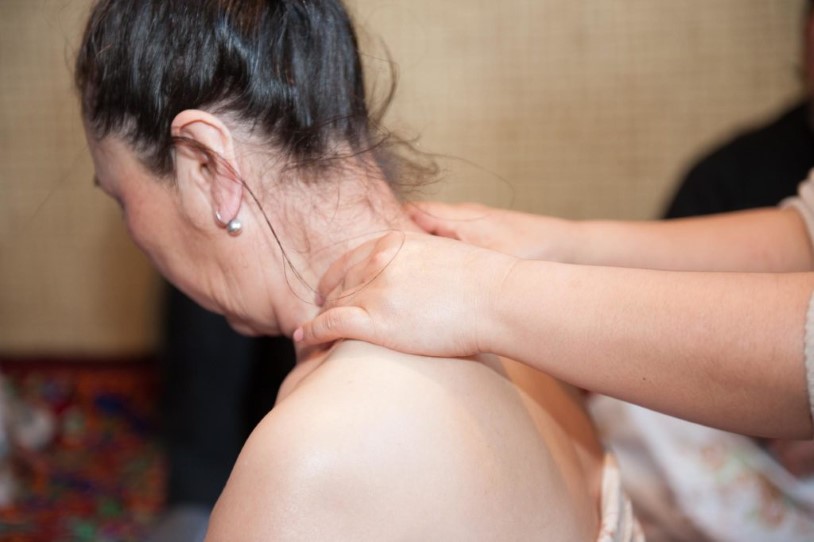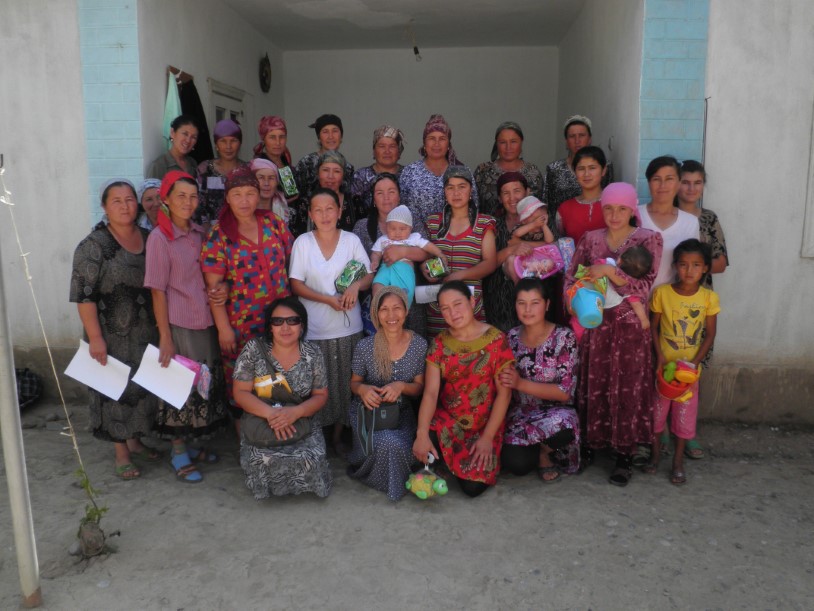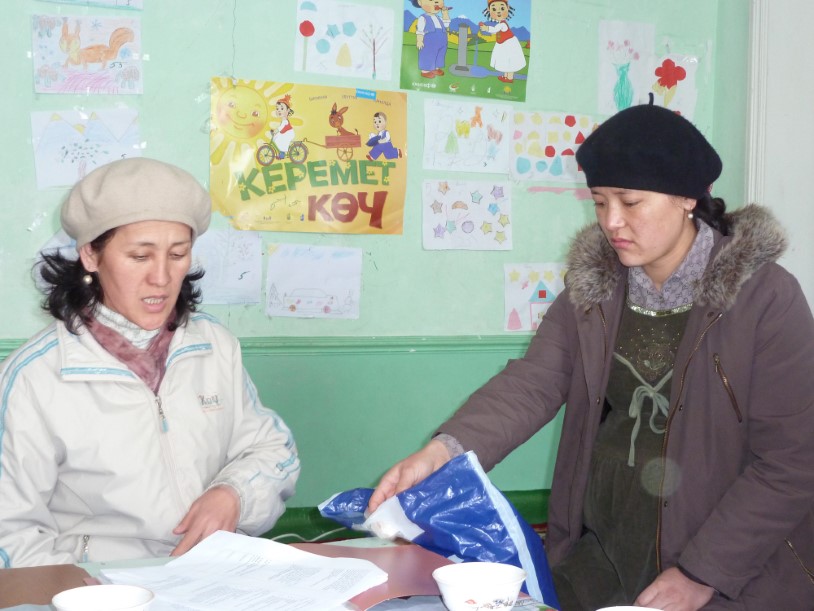Addressing emotional needs
In the last few months, CDI has been invited to work in five different villages in the Bazarkorgon region in Southern Kyrgyzstan. We have been able to teach about disease prevention, family relationships, massage, nutrition, and how to deal with trauma.

In the school system, we have been teaching eleven teachers about disease prevention, specifically how to avoid diarrhea, worms, hepatitis A, and anemia, while also teaching good nutrition and first aid skills. Each of these teachers is then responsible to pass on what they have learned to four other teachers. Through this method, the training and information is being distributed throughout the entire school.
We have found one of the most important and most attended seminars is “Relationships Within the Family.” Many people do not know how to communicate with love to their parents, spouses, siblings and children. In situations where mere survival takes a lot of work and energy, emotional health issues are often neglected for the more pressing needs of food and shelter. However, those emotional needs are still there, and we were able to address some of them in a seminar about stress in both adults and children.

One woman who attended the Relationships seminar said she was very angry with her husband, as he had no job, wouldn’t even try to find one, but instead spent his time drinking. In the lessons, they performed a drama about the importance and value of those who are close to you. She saw herself in the angry and ungrateful character and laughed. She learned from the seminar to not simply criticize, but to look for the good as well. She said she realized that she could be thankful that even though her husband drinks a lot, he cares for the family as much as he can and doesn’t even sell the things they have at home to buy alcohol when he doesn’t have money. She is also thankful he doesn’t ask money from her to buy a drink. She learned through the seminar to not just get angry, but to find ways to say good things and to try to find positive ways to help him not drink.
Several women who came to the seminar said that after traumatic events in their lives, they had essentially given up. One of these women, Gulia, fell into depression and felt suspicious and distrustful of everyone and everything around her. She got to the point where she didn’t want to get out of bed anymore. The seminar gave her new hope, and after attending, her emotions and behavior both began to change. She baked bread for her family for the first time in almost a year.

One woman is taking care of her five year old younger brother, who had not been able to control wetting the bed since a very traumatic event in his life the year before. With the boy’s mother working in Russia, the sister found it very difficult to care for him as well as her own thirteen year old child. She learned that every child needs to receive love and attention – even if it is simply someone listening to them. After the lesson, she tried this with her brother, and found it helped him much more than taking medicine.